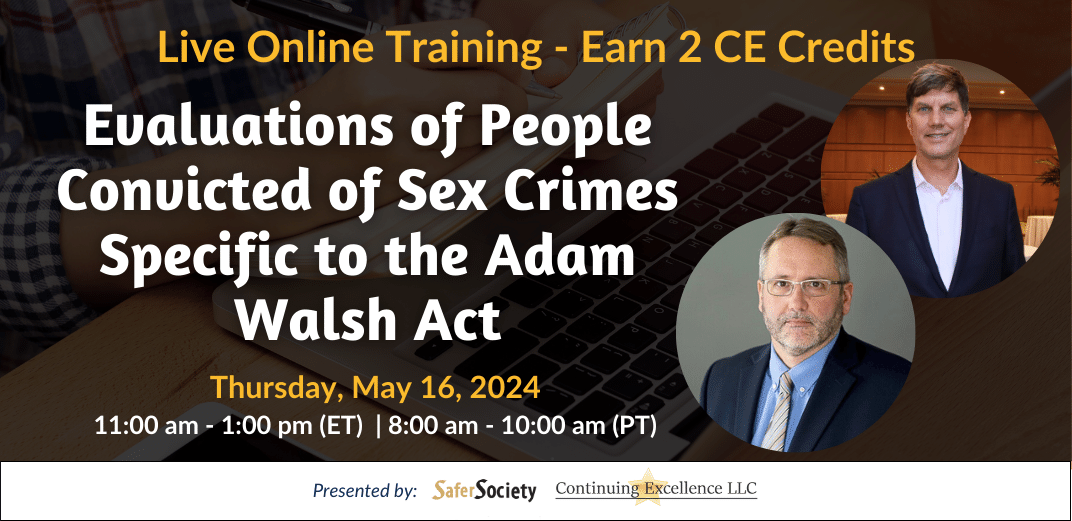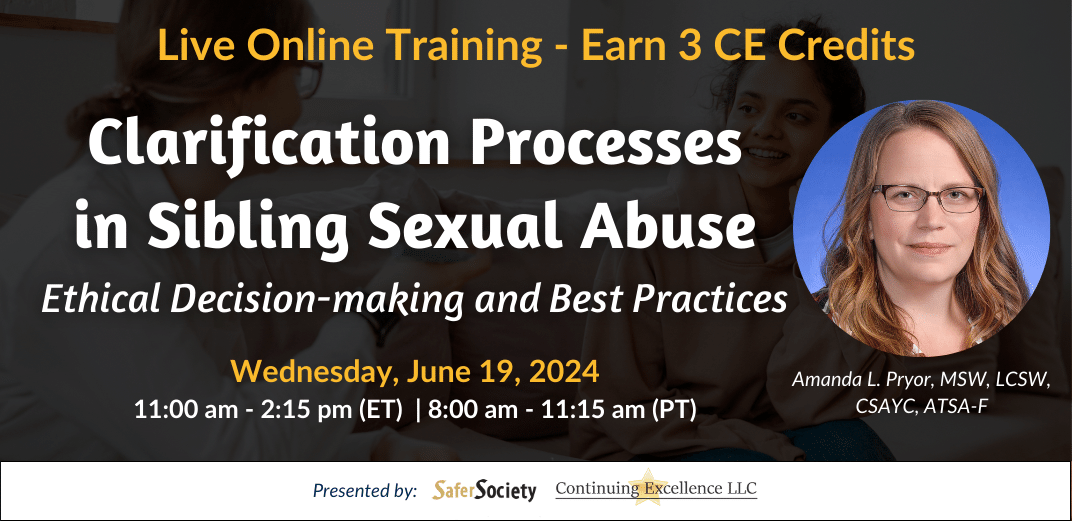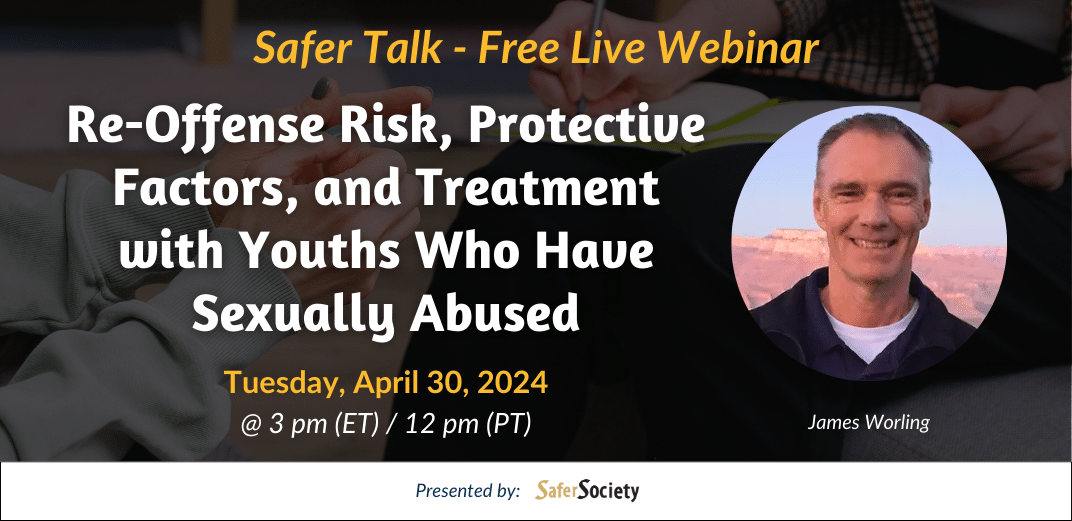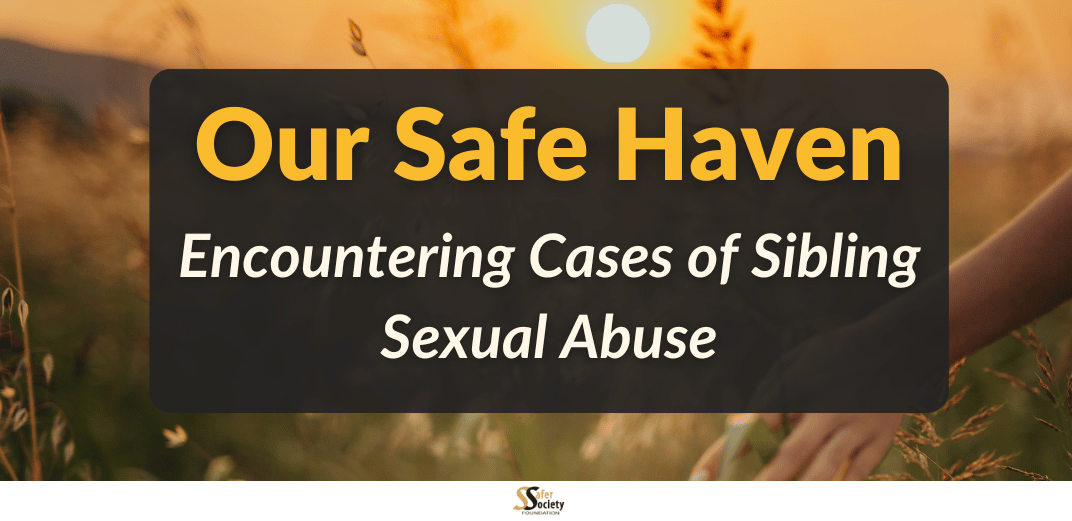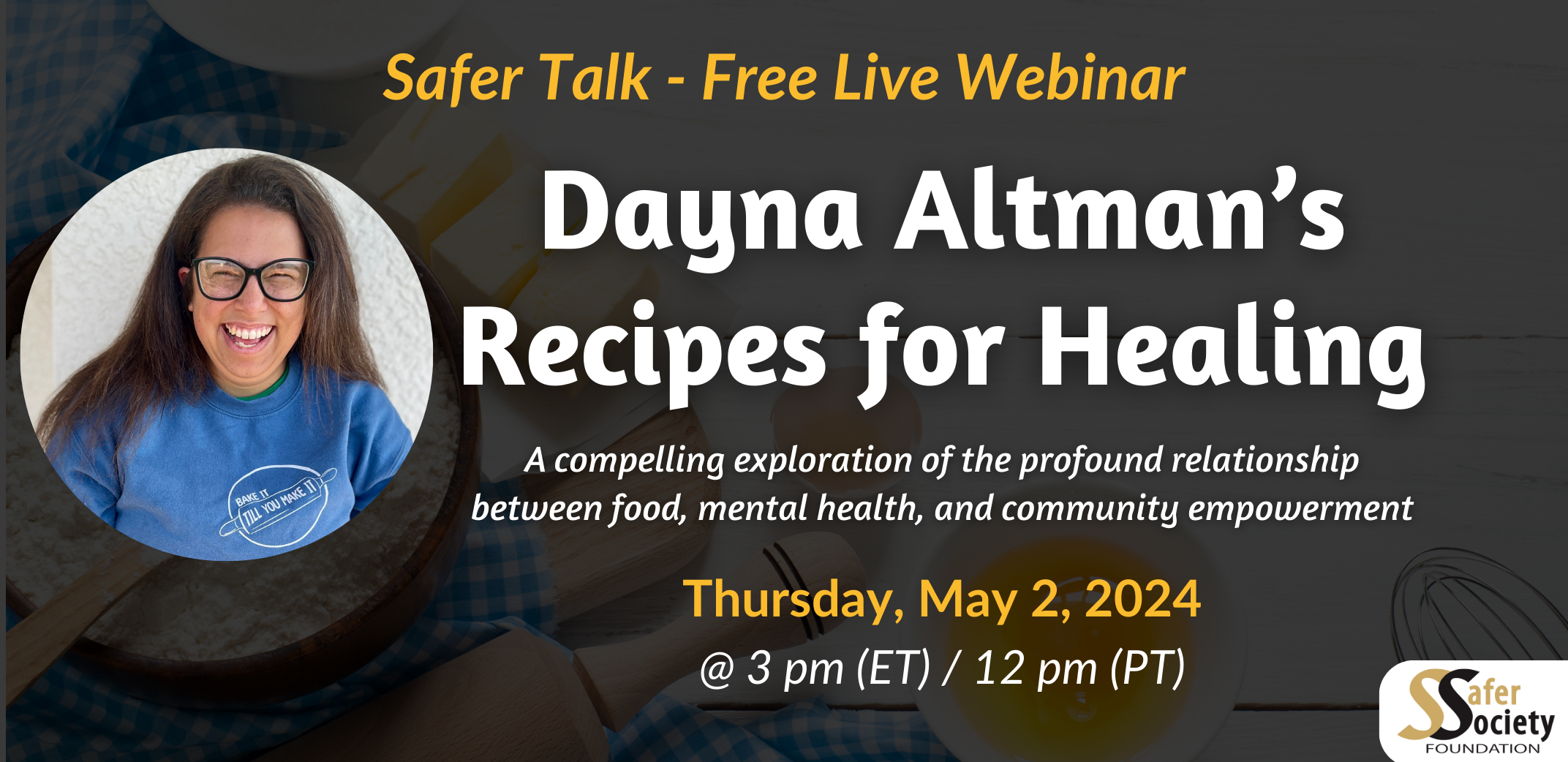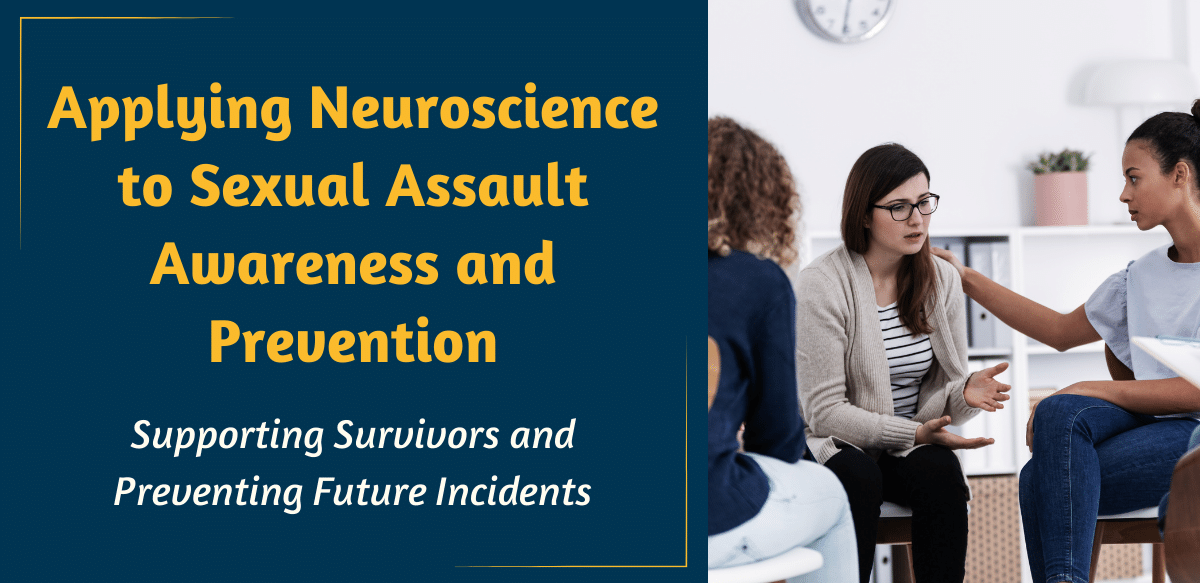What's Coming Up Next
Hot Off the Press!
 Pathways, 5th Edition
Pathways, 5th Edition
For over three decades, the Pathways workbook has been a favorite resource for clinicians working with teens with sexual behavior problems.
The new fifth edition has been revised from cover to cover to make the workbook even more relevant for youths with problematic sexual behaviors, including those who have engaged in non-consensual sexual contact with peers as well as youths who have been viewing child sexual abuse materials (CSAM). Pathways, Fifth Edition, provides updated technology references while maintaining the familiar chapter organization. There is less focus on arousal conditioning methods and increased focus on building resilience and positive life experiences.
Learn More
What is the Good Lives Model?

The Good Lives Model (GLM) is a strengths-based rehabilitation framework for helping clients build lifestyles that are incompatible with offending. It was developed by Tony Ward in the early 2000s to address what Dr. Ward identified as a major shortcoming of the widely used RNR (Risk-Need-Responsivity) model of rehabilitation, which focuses almost exclusively on risk reduction.
Safer Society Press was a pioneer publishing information about the GLM, as well as developing the top workbooks utilizing the model. Today we have a number of workbooks and professional guides to support clinicians and other professionals in applying the GLM approach with their clients.
Online trainings and free Safer Talk webinars on the Good Lives Model theory and practice are also available.



